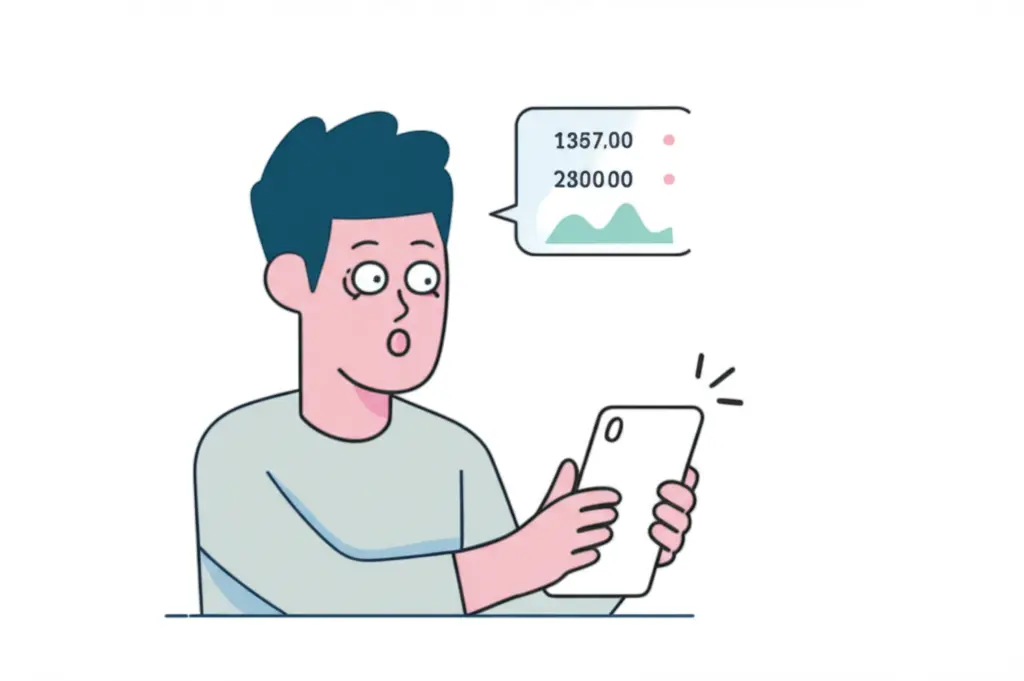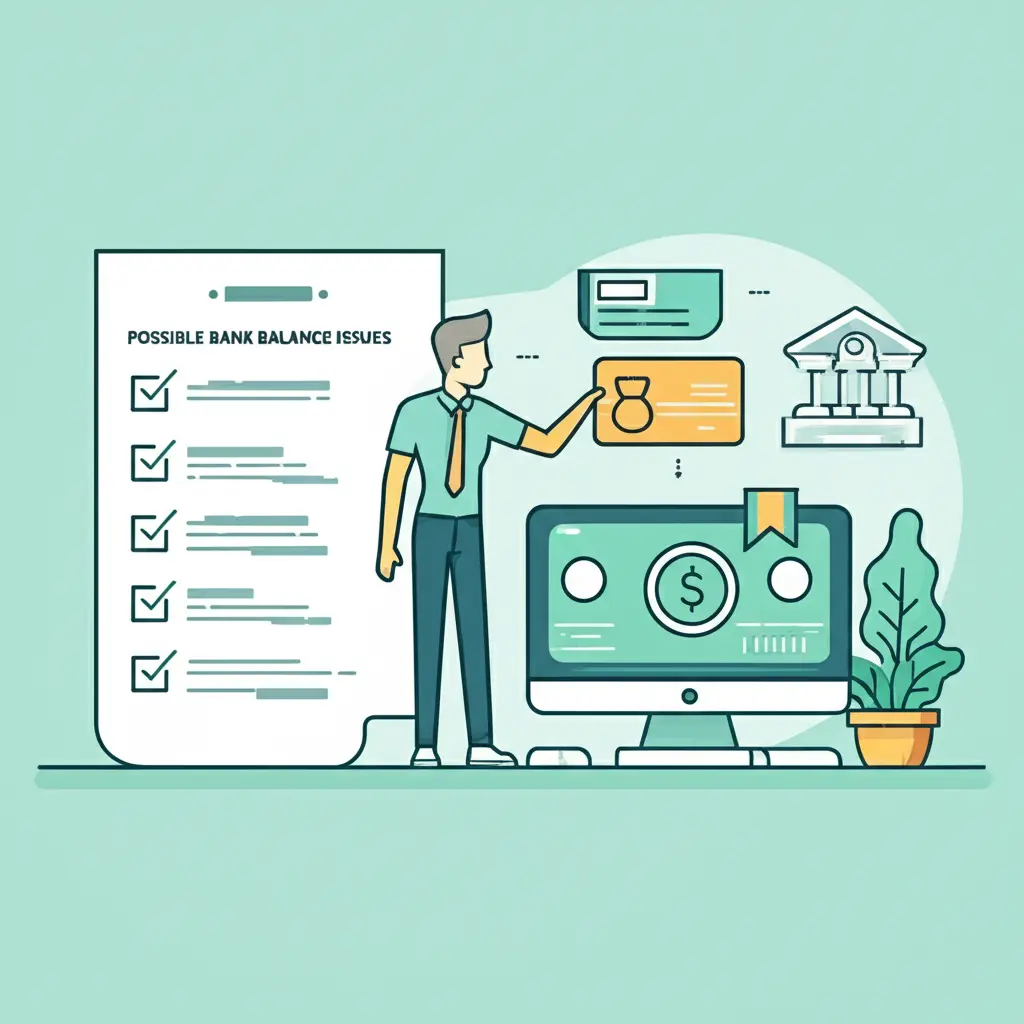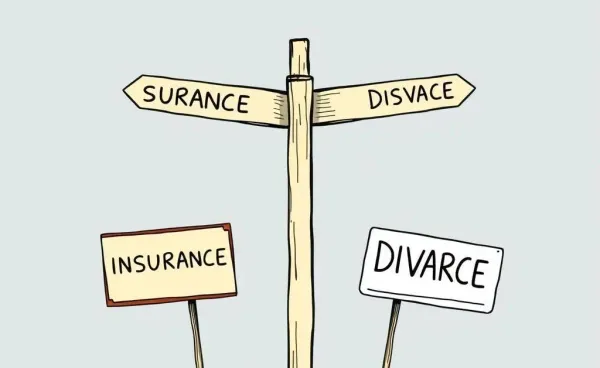Why Your Bank Balance Might Be Wrong: Common Issues and How to Fix Them
Discover reasons bank balances appear incorrect and learn solutions to common banking errors.

We all know that heart-dropping moment when your bank balance seems off at first glance. You start questioning your recent purchases and checking statements to unravel the mystery. Let's explore why your bank balance might show unexpected changes and how you can resolve these concerns.
Common Reasons Your Balance Might Be Incorrect
Sometimes, bank balances fluctuate for completely innocent reasons. Here are a few common scenarios:
- Pending Transactions: Ever notice a difference between your available and current balance? Pending transactions like a dinner payment or a gas station hold are often the culprit, and they can take several days to clear.
- Banking Errors: In rare cases, banks make mistakes. Humans or machines can input incorrect data, leading to mismatched figures. Luckily, modern systems usually flag these quickly.
- Fraudulent Activity: This one's scary but important. Unrecognized transactions could indicate fraud, so it's essential to act fast if you suspect this.
How to Quickly Verify Your Account Balance
Before panic sets in, try these steps to clarify any discrepancies:
- Check your transaction history for pending items. Understanding your bank statement can provide clarity on what's available versus on hold.
- Contact your bank's customer service for an explanation. Most banks offer live chat, saving you time.
- Review recent transactions for fraud. If anything looks suspicious, report it immediately and consider freezing your account.
Why Communication with Your Bank Matters
When in doubt, your bank is your best resource. Over the years, I've learned how invaluable their insight can be. On one occasion, I discovered an unfamiliar charge that turned out to be a hefty cash withdrawal I totally forgot about!
Effective communication can quickly resolve any misunderstandings. Call, chat online, or visit your local bank branch if you have a complicated issue. An informed conversation can save you both time and stress.

Preventing Future Balance Issues
Prevention is always better than cure. Consider these proactive measures:
- Regular Monitoring: Habitually reviewing your account helps you spot unusual activities early.
- Set Alerts: Many banks let you set up balance alerts, informing you about large transactions or low balances.
- Use Personal Finance Apps: Tools like Mint or YNAB can sync with your accounts to offer real-time balance updates.

Final Thoughts
Encountering an unexpected bank balance should no longer incite immediate panic. With a bit of sleuthing, communication, and proactive management, financial peace of mind can be yours!
What's your strategy for monitoring your bank account? Share your tips in the comments!





